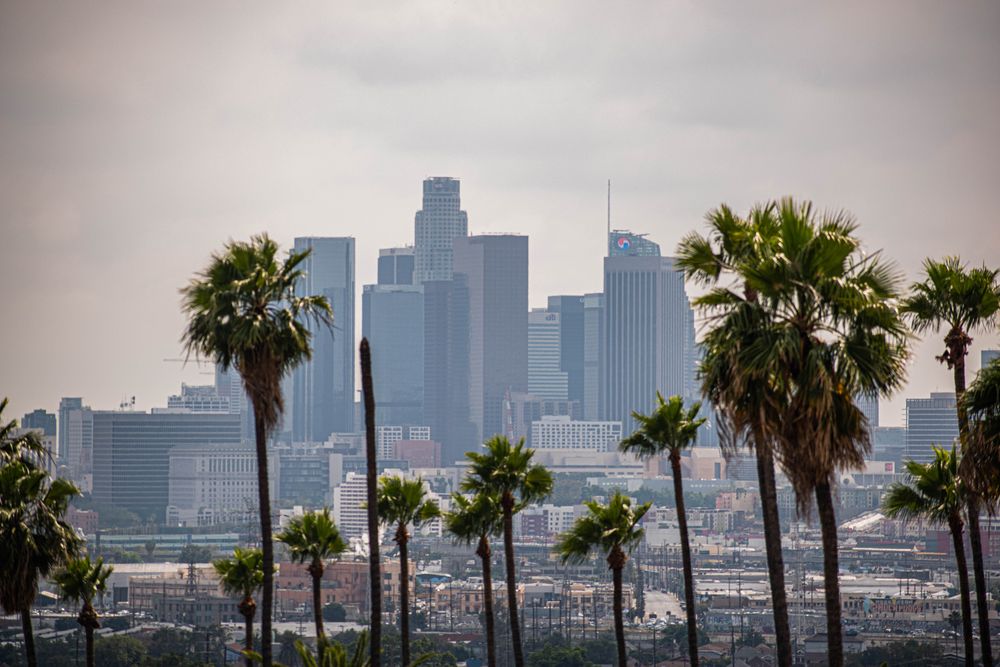The city of Compton—famed for having brought the world the Williams sisters, Kendrick Lamar and N.W.A—is changing. In a deep dive by The Washington Post, Compton is under the microscope as a signal of things to come: No longer is it a place where Black leaders have, over decades, gained political power and held it. It's now a place where Latinos, who make up a 70 percent majority of the town, now want some of that power as well.
That shift didn't happen overnight. Forty years ago, Compton was 74 percent Black. But now that the city of 93,000 residents has seen its makeup change, Latinos in the area say they aren't being represented politically. The town has never had a Latino mayor, and Compton has an all-Black city council and school board. Latinos are also underrepresented in voting while Black residents come out in numbers: Latinos represented 50 percent of registered voters, but only cast 38 percent of votes while Blacks account for 45 percent of the vote while being only 32 percent of registered voters.
What does all that mean? It's a cultural clash, WaPo reports: Black leaders want to continue to hold power and push for events and movements that are pro-Black, while Latinos feel there's a lack of Spanish-speaking government workers and few murals or monuments to Latino culture and history.
The story uses the imagery of vaqueros, or Mexican cowboys, as a symbol of Latino culture that's well-represented locally, but not really what Compton is known for. The group Connecting Compton is trying to create a multicultural equestrian center.
Beyond the borders of this California town, though, this is a kind of political power shift we may see soon in much bigger cities: Houston, New York, and Chicago may be the next major metros where Black and Latino leaders vie for power.
